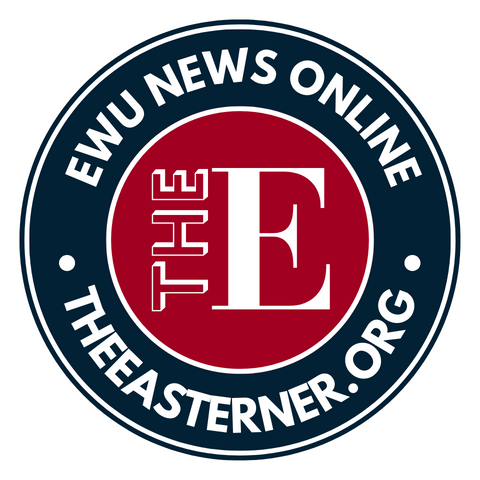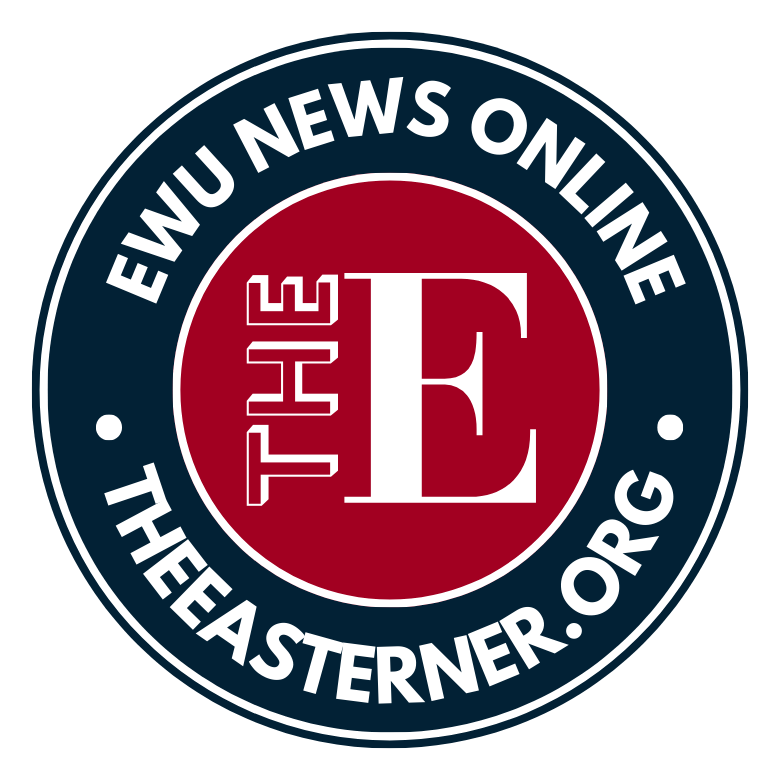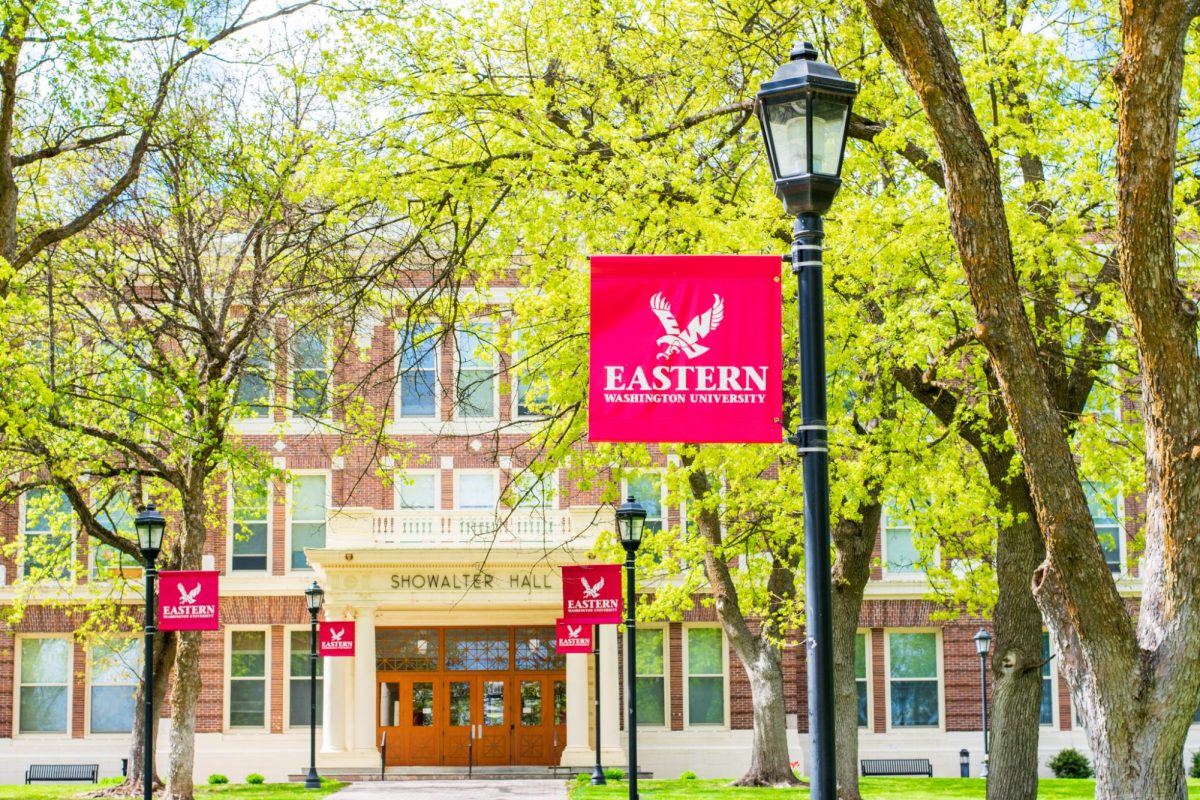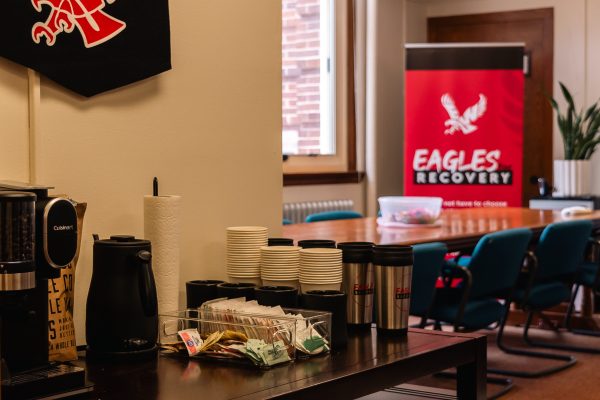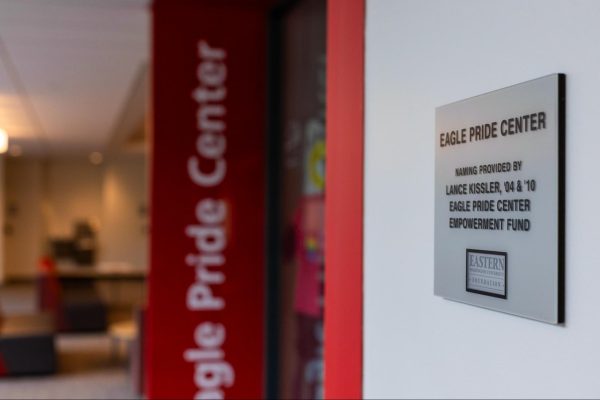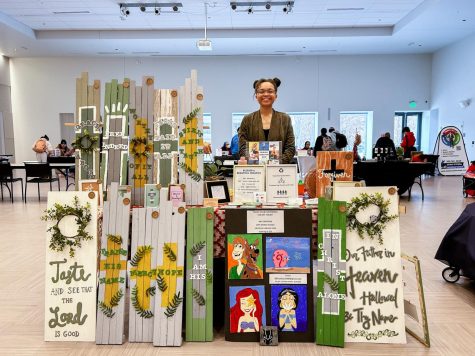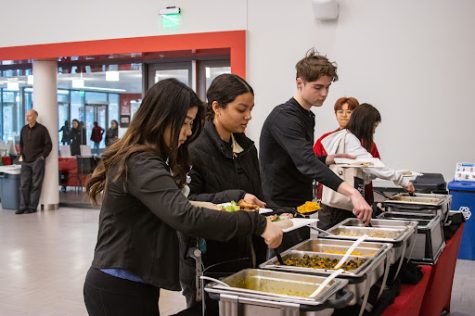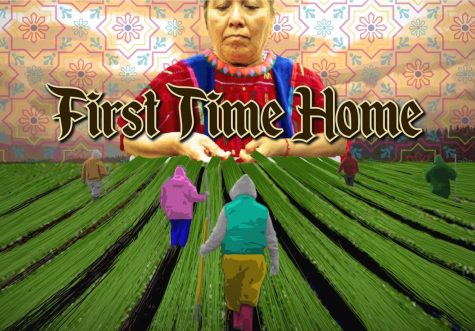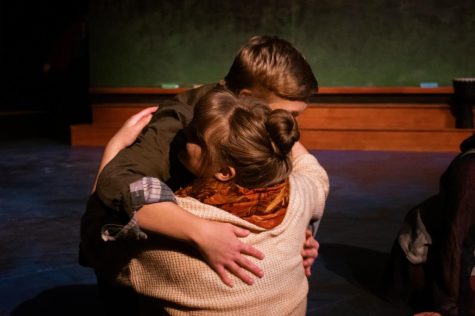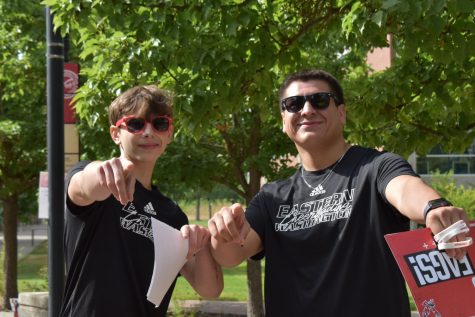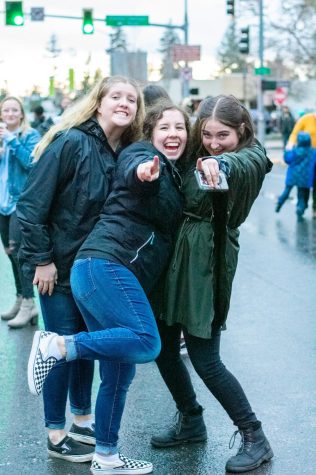Students’ view on Black History Month: Is one month enough?
February 13, 2015
Some African-American students at EWU would argue that 28 out of 365 days a year to celebrate black history is not sufficient.
According to a head count survey done by Ethnic Diversity at EWU fall quarter, 3.21 percent of the student population marked being black or African-American. That is approximately 432 students out of 13,453.
Senior journalism major Whitney Mitchell, who identifies as African-American, regards Black History Month with reverence and holds it in high esteem, she questions whether one month devoted to black history is adequate.
“I understand why it was created and the significance of it, but it [kind of] makes you wonder if Black History Month should be a month,” said Mitchell. “I’m grateful for what we have and I think it’s amazing that we have Black History Month, but should we dedicate a month to that or should it always be about black history, about everybody’s history?”
Mitchell does not mean she wants to obliterate the celebratory aspect of Black History Month. However, she hopes to see black history as an ongoing celebration and education.
“I wish our society and our schools, our institutions, threw in everybody’s history when we talk about American history because, really, American history is never just American history,” said Mitchell. “I think our history books skim over or downplay that.”
Samuel Minah, a sophomore business marketing major who racially identifies as Ghanaian-American, said Black History Month is necessary.
“Although the past is not always easy to talk about,” Mintah said. “It still needs to be talked about.”
Mintah wants the focus of Black History Month to be helping people become more educated on African-American history.
EWU Africana Studies Professor Rachel Doležal thinks that cleaning up University textbooks to not include black history “is not the solution.”
“Our story should be taught year round,” said Doležal. “But until then, we need to use this month we have to it’s fullest potential.”
“I feel like we shouldn’t just have a month,” said sophomore criminal justice major Kiyanna Shamsid’deen, who racially identifies as African-American and Caribbean. “We’ve done a lot more than a month of fighting.”
Brit-tani Terry, a senior exercise science major who identifies as African-American, says that black history cannot be summed up in a month.
“Black history has been around just as long as white history,” said Terry.
Junior international affairs major Haita Toure, who also identifies as African-American, agreed with Terry.
“Your history is involved in my history,” said Terry. “You don’t really know about yourself if you don’t know about us.”
Toure and Terry said they want to see actual diversity in tangible situations rather than just promotion of diversity on campus.
Mitchell said people still treat her a certain way because of the color of her skin. Sometimes it comes in the form of intimidation.
“I’d love for you to approach me as Whitney rather than treating me a certain way because I’m black or treat me as if I will treat you a certain way because you are white,” said Mitchell.
“If getting to know people as people first was our primary objective wherever, whenever, however, I think that would eliminate a lot of things.”
EWU Director of Equal Rights and Opportunity, Gayla Thomas, identifies as a black American, born and raised in the United States. Thomas served in the military for 24 years, but she said we have yet to arrive at complete diversity as a nation.
Thomas feels there are numerous achievements African-Americans have accomplished in the past that go unnoticed by the majority. For Thomas, attempting to reach diversity must come through education and awareness.
“To me, promoting unity means teaching it 365 days a year,” said Thomas.
